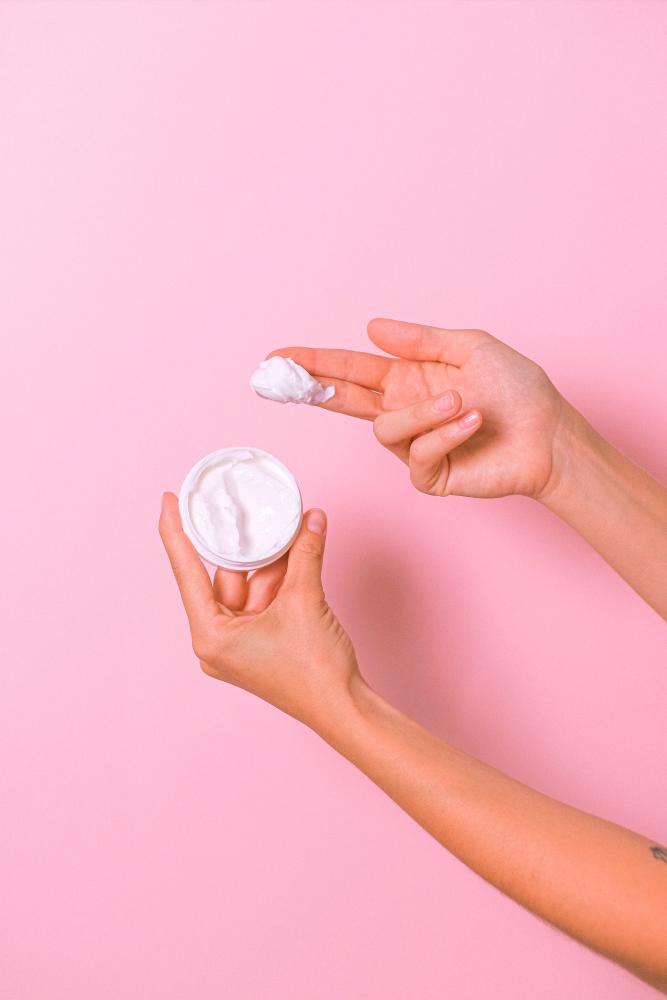Earlier this month, I read with much concern about the reports related to harmful ingredients like hydroquinone and tretinoin in local cosmetic products.
Unfortunately, this has been happening year in, year out in Malaysia.
Unscrupulous manufacturers and business owners are seemingly unconcerned about the fines and imprisonment that they may face for committing such offenses.
It does not help that some local consumers are indifferent to the health and safety of cosmetic products, according to a recent finding in the Journal of Cosmetic Dermatology, which studied the perception and attitude of Malaysian adults towards cosmetic products during the Covid-19 pandemic.
It might be challenging to prevent harmful cosmetics from making their way into the market, but it is possible to make it easier for consumers to stop buying them.
Local beauty brands must do a better job educating consumers about how key ingredients function in a product instead of just focusing on what a product can do.
Naturally, this has to be backed by sound scientific evidence, but the explanation must be clear and easy for consumers to comprehend.
Consumers must also learn how to care about a product’s contents before they apply it to themselves, understanding an ingredient’s long-term adverse effects is one of the keys to achieving this.
Furthermore, consumers should receive proper guidance on how to read labels on cosmetic products.
Besides showcasing a product’s ingredients, the proper labelling also determines whether the National Pharmaceutical Regulatory Agency (NPRA) has notified a cosmetic product for it to be manufactured, imported, and sold.
Complementing NPRA’s notification process is Bioeconomy Corporation’s Recognition Programme for Cosmetic and Personal Care Products.
Through this programme, cosmetic and personal care products undergo tests that comply with international standards at ISO 17025 accredited laboratories before evaluated for prohibited substances.
Once approved, the products are labelled with a “Lab Tested” logo, indicating they are free from harmful ingredients.
My products, Naturel Kiss® (micellar technology-based skincare) and NK™ (natural and nano-technology based skincare), carry this label, and I feel that this extra safety validation builds more trust and confidence among my customers. When they see the logo, they know my product is safe to use.
This method also keeps me in check as after three years, the products must undergo the same tests to continue using the “Lab Tested” label.
Hopefully, more local cosmetics players will embrace all the efforts mentioned here, which can ease the public’s understanding of what makes a product safe and suitable.
Malaysians should feel proud of our homegrown cosmetic products, let us give them a safe reason to do so.
Associate Prof Dr Siti Hamidah Mohd Setapar is deputy dean (Research and Innovation) Malaysia-Japan International Institute of Technologies at Universiti Teknologi Malaysia and is managing director of SHE Empire Sdn Bhd. Comments: letters@thesundaily.com














